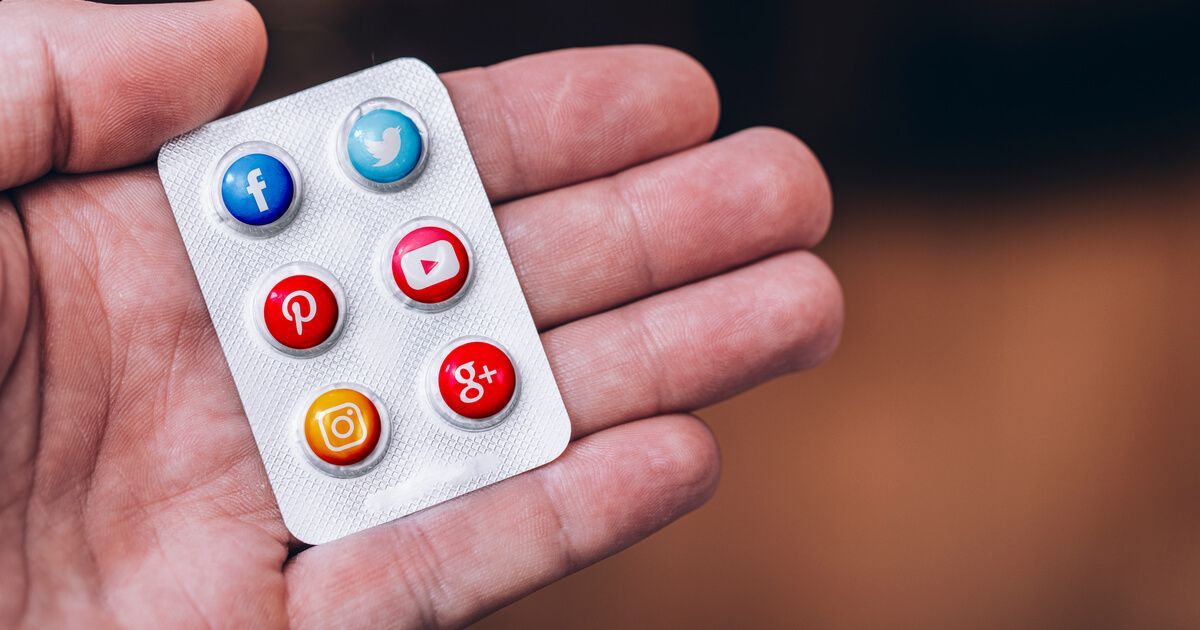In today’s digital age, social media has become an integral part of our daily lives. From connecting with friends and family to staying up-to-date on current events, social media platforms have revolutionized the way we communicate and consume information. However, this constant connectivity can also lead to social media addiction, a phenomenon that is becoming increasingly prevalent in society.
The Rise of Social Media Addiction
Social media addiction is a behavioral addiction characterized by excessive and compulsive use of social media platforms. According to recent studies, the average person spends over two hours per day on social media, with some individuals spending upwards of eight hours per day scrolling through their feeds. This constant engagement can lead to a range of negative consequences, including decreased productivity, poor mental health, and strained relationships.
The Impact on Mental Health
One of the most significant consequences of social media addiction is its impact on mental health. Studies have shown that excessive use of social media can lead to feelings of loneliness, depression, and anxiety. The constant comparison to others’ highlight reels can also contribute to low self-esteem and feelings of inadequacy. It is essential to be mindful of how much time you spend on social media and to prioritize real-life interactions and self-care.
Managing Social Media Use
If you find yourself struggling with social media addiction, there are steps you can take to regain control of your digital habits. Start by setting boundaries for your social media use, such as limiting your time on the platforms or designating specific times of day for checking your feeds. You can also turn off notifications to reduce the constant urge to check your phone. Additionally, consider taking regular breaks from social media to focus on activities that bring you joy and fulfillment.
Utilizing Technology for Good
While social media addiction can have negative consequences, technology can also be a powerful tool for positive change. Many apps and online resources are available to help you manage your digital habits and promote a healthier relationship with technology. Consider using apps that track your screen time or limit access to certain websites to help you stay on track. You can also explore mindfulness and meditation apps to help you disconnect from the digital world and prioritize your well-being.
Building a Support System
If you are struggling with social media addiction, it is essential to reach out for support. Talk to friends or family members about your concerns and ask for help in holding yourself accountable for your digital habits. You can also seek professional help from a therapist or counselor who can provide guidance and support as you navigate the challenges of social media addiction. Remember, you are not alone, and with the right support and resources, you can overcome social media addiction and create a healthier balance between the digital world and real life.
Conclusion
Social media addiction is a common issue in today’s digital world, but with awareness and proactive steps, it is possible to regain control of your digital habits and prioritize your well-being. By setting boundaries, utilizing technology for good, and building a support system, you can navigate the digital world with intention and mindfulness. Remember, your mental health and relationships are important, so take the time to disconnect from social media and connect with yourself and others in meaningful ways.
